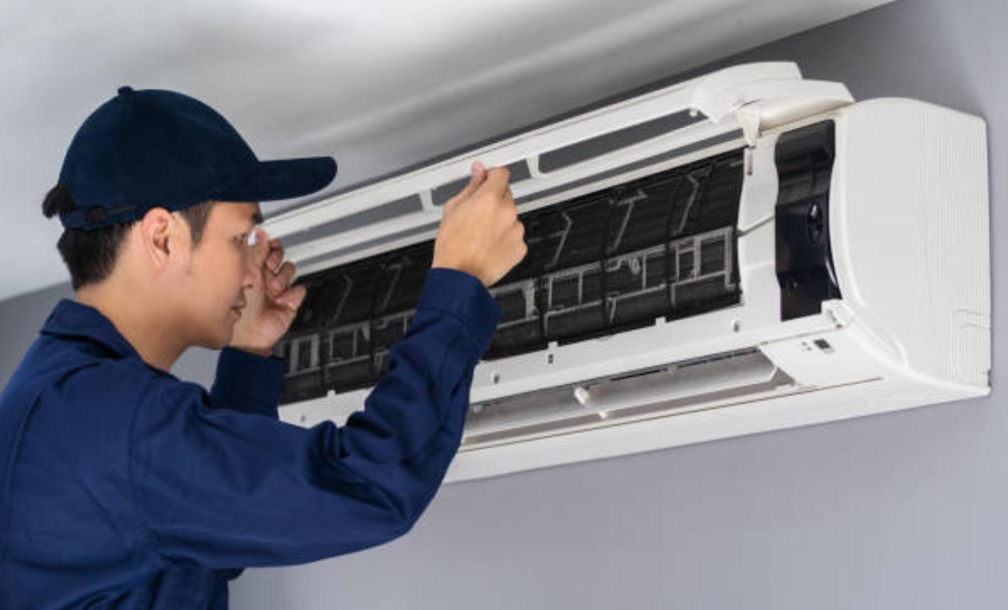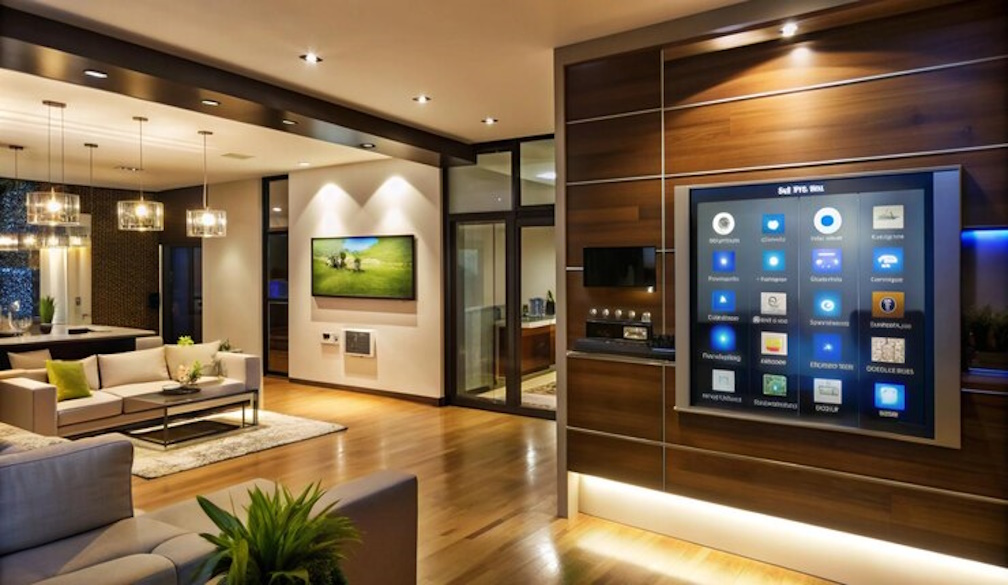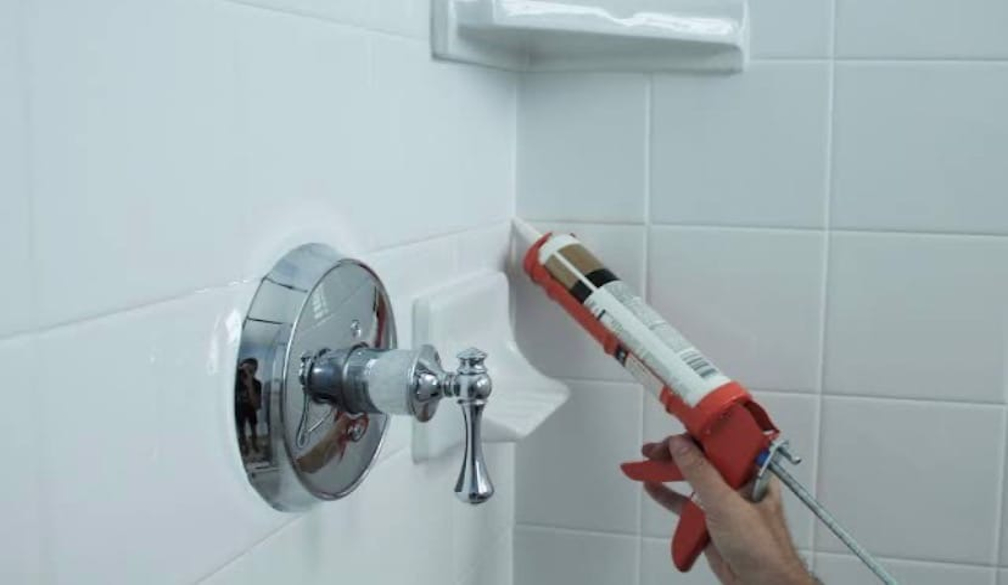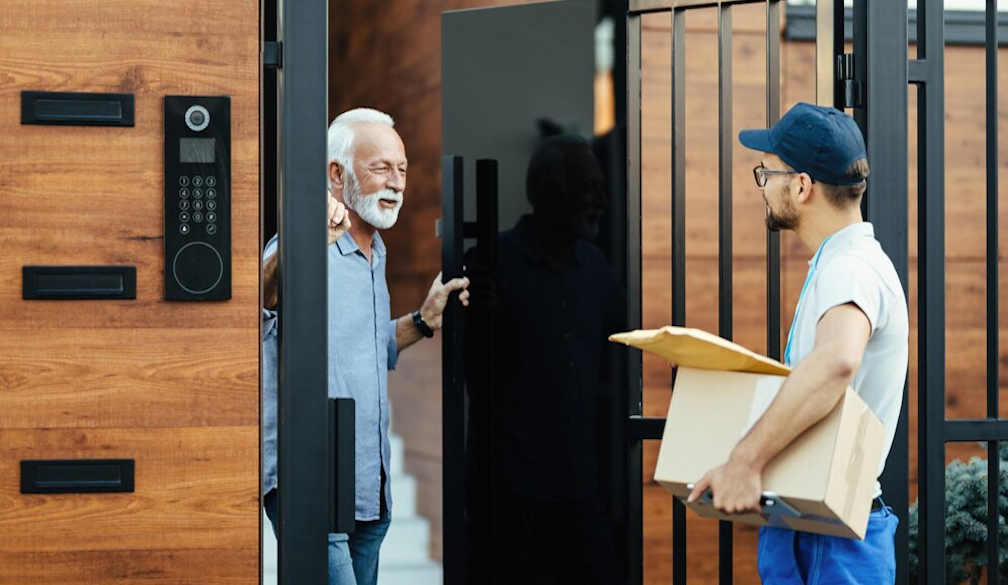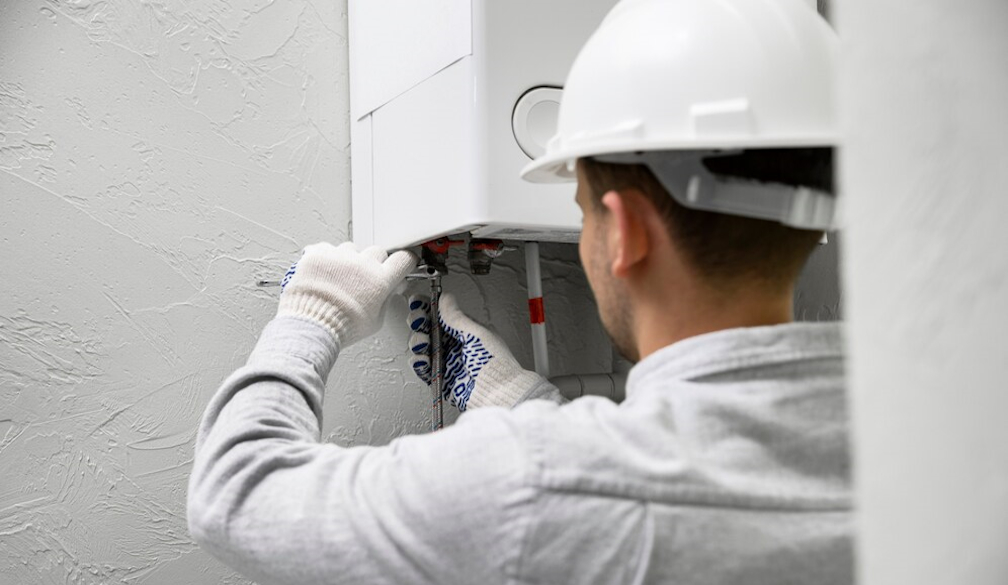Buying Your Solar Power System: 8 Tips to Follow
- Written by Lilly Miller
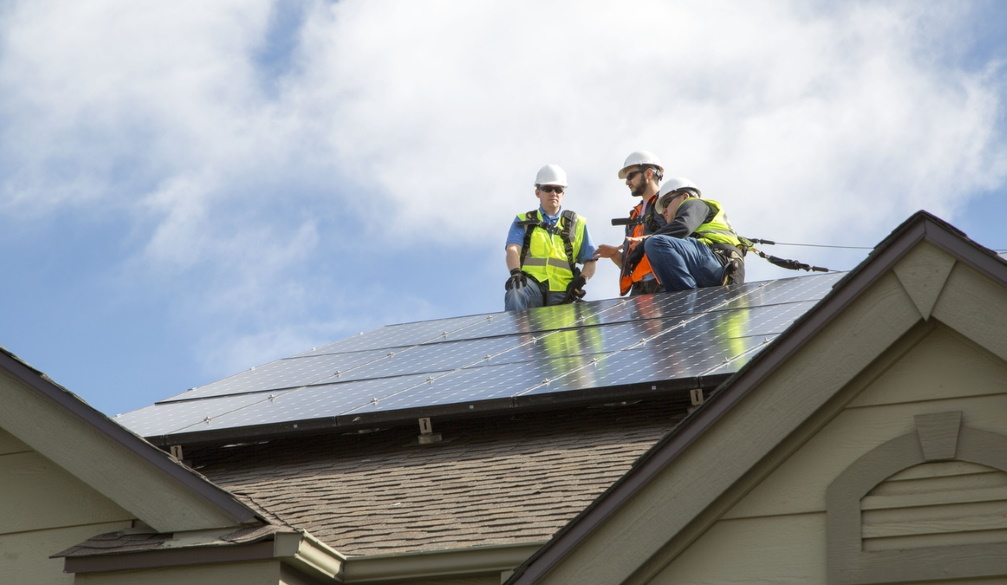
One of the advancements that mankind is most proud of is electricity. Without it, we wouldn’t see many of our daily comforts and we would have missed out on many inventions. However, the traditional sources of electricity like gas, coal and oil are quickly running out so we will have to change our ways and switch to something more sustainable. This is where solar power comes in. If you want to invest in a solar power system for your property, here’s what you need to know:
Ask for recommendations
Before you whip out your wallet, ask friends, family, colleagues and acquaintances that have solar power systems for their recommendations and advice. While you can search for recommendations online, often the best tips come from those around you. They will tell you all about their experience with solar PV systems and alert you about any issues they faced.
Check the warranty
When choosing your manufacturer, take note of the guarantee. Most reputable manufacturers offer a warranty period of around 25 years, which means your system will serve you well for a long time, at least long enough to pay for itself. In most cases, the warranty requires an operational manufacturer so choose a company that has a long track record.
Pay smart
Solar panel systems are not a small investment, so keep an eye on payments and payment methods. Quality equipment doesn’t come cheap and you will get what you pay for in most cases. When looking at solar panels for sale, it’s important to know all about buy now - pay later services. If you find a company that allows you to buy now-pay later commodities, you can pay for solar in easy installments. This way, you can buy solar panels using affordable repayment installments without any interest.
Choose the right system
In the past, if you had a small roof, you needed a highly efficient and very expensive mono-crystalline solar panel system. However, the technology is changing quickly, so polycrystalline panels and thin film panels are getting more and more efficient, so choose your system wisely. No matter the size of your roof, you still want to consider panel sizes and types vs. the output. If you have inefficient panels, you will only need to spend more money in the future on upgrades.
Consider panel layout
There are three aspects of panel layout to consider: direction, angle and shading. North-facing solar panels usually receive more sunlight thus producing more energy. However, if you can’t put your panels facing north, you can still get good sunlight exposure with east or west orientation.
The ideal angle is simply the angle of your roof, but it depends on your location. When it comes to shade/sunlight, solar panels need to be in full sun for most of the day to work efficiently. Any kind of shading—from trees, power lines, surrounding buildings and such—will reduce your system’s efficiency. In some cases, even if only a small portion of one panel is shaded, your entire system might get compromised.
Choose the right type of installation
Your panels need to be attached to the roof properly. Luckily, there are many ways you can mount your system, but make sure to get one that’s wind certified and comes with a warranty (10 years minimum). If you have a tiled roof, have 10 or 20 tiles at hand in case your installers damage your tiles (it happens to the best). Those with non-penetrable roofs such as Klip-Lok roof style, advise your installers to use the right clamps that won’t put holes in your roof and allow water to get inside. When having a solar system installed, it is a good idea to look to installing one of the best hot water systems on the roof.
Remember that mounting your system is a very important part of the installation and some suppliers might want to skimp during the process. For that reason, ask about wind certification, warranty and copies of all documents.
Pay attention to inverters
In order to use the power your solar panel produces, you need to have an inverter in place. This box connects your panels and your appliances by converting DC electricity to AC electricity that’s suitable for home use.
There are many inverters on the market and they are not all created equal. Make sure to invest in something efficient, so your entire investment pays off sooner rather than later. The more efficient the inverter is, the better, that’s a no-brainer. Good inverters waste less energy during the conversion process and provide your home with usable energy.
Install a monitoring system
In most cases, your inverter will come with a monitoring system. When your inverter is paired wirelessly or with a cable with your home’s Wi-Fi, you can monitor various electricity parameters wherever you are. Ask your installer to connect everything while they are mounting the solar system and setting up the inverter.
The future of fuel and electricity looks very green, so hop on the solar panel trend while it’s hot and get ready to reap benefits throughout your life.



